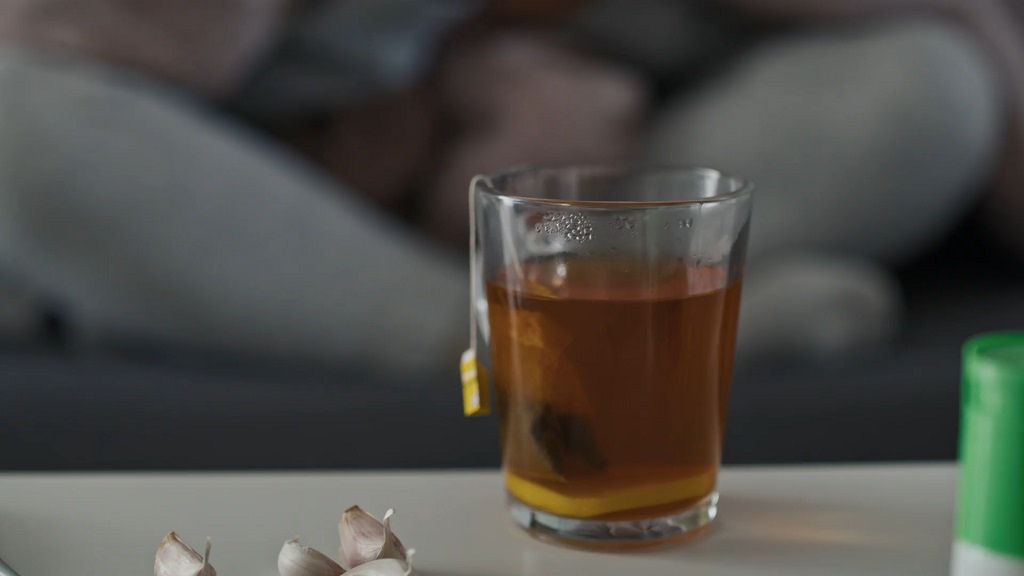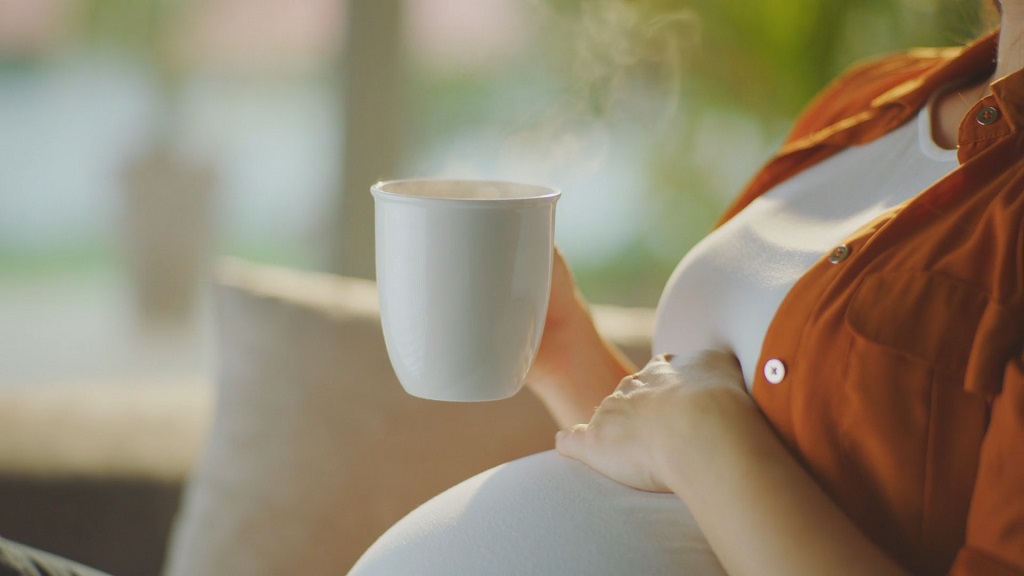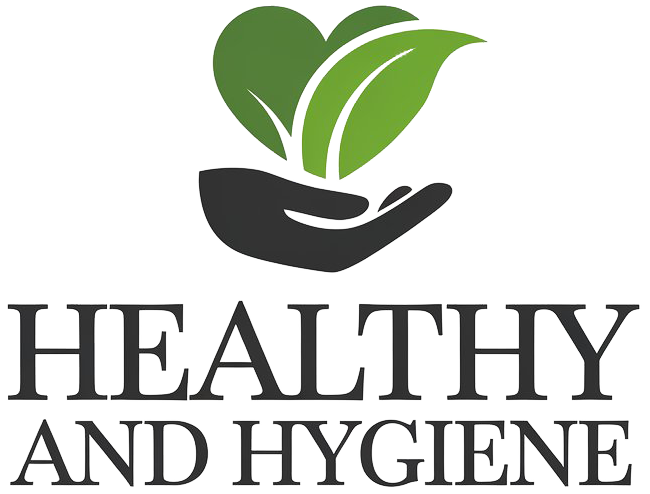Many expecting mothers wonder whether drinking tea is safe during pregnancy. The truth is more balanced than most headlines suggest. Several teas can be enjoyed safely and may even ease common symptoms, while others should be limited or avoided.
In this guide, you’ll find which teas can support comfort and hydration, which varieties may pose risks, and how to approach tea consumption in a way that protects both your health and your baby’s development.
A Story About Tea And Pregnancy

Current research shows that most teas can be safely enjoyed during pregnancy with proper moderation. Safety depends mainly on caffeine content and the specific compounds in each variety.
Caffeinated teas such as black, green, and white are generally safe if you stay within the 200 milligrams of caffeine daily recommended limit. For context, one cup of black tea has about 40-70 milligrams, allowing for 2-3 cups a day. Herbal teas require more caution since their plant compounds affect people differently.
The American College of Obstetricians and Gynecologists updated its guidelines in 2023, confirming that moderate caffeine consumption during pregnancy poses minimal risk when kept within limits.
Safe Tea Companions for Your Pregnancy Journey
Several teas can be safely enjoyed during pregnancy and offer distinct benefits. Ginger tea is caffeine-free and well known for easing nausea, making it one of the most reliable choices in early pregnancy.
Red raspberry leaf tea is often recommended in later trimesters. Research in the Journal of Midwifery and Women’s Health found that women who consumed it after 32 weeks experienced shorter labor and fewer interventions.
Nettle leaf tea provides nutritional support, supplying iron, calcium, and vitamins A and C. It’s best to source it from reputable suppliers and, for those sensitive to its strong flavor, it can be blended with peppermint.
Peppermint tea supports digestion. Its menthol content helps soothe nausea, bloating, and general stomach discomfort common in pregnancy.
Rooibos tea offers a naturally sweet, antioxidant-rich, caffeine-free option. Its mineral content supports overall health and makes it an excellent replacement for sugar-sweetened beverages.
| Tea Type | Caffeine Content | Safety Notes | Key Benefits |
|---|---|---|---|
| Ginger | 0 mg | Safe throughout pregnancy | Nausea relief, digestive support |
| Red Raspberry Leaf | 0 mg | Best after 32 weeks | Labor support, uterine health |
| Nettle Leaf | 0 mg | Safe with proper sourcing | Iron, calcium, and vitamins |
| Peppermint | 0 mg | Safe in moderation | Digestive relief, cooling |
| Rooibos | 0 mg | Safe throughout pregnancy | Antioxidants, natural sweetness |
Teas That Need Special Caution During Pregnancy

Not all herbal teas are safe during pregnancy. Certain plant compounds can influence hormones or uterine activity, increasing the risk of complications.
- Licorice root tea contains glycyrrhizin, which may raise blood pressure and increase the risk of preterm labor. A study in the American Journal of Epidemiology linked high licorice intake during pregnancy to earlier deliveries.
- Dong quai tea is unsafe because it stimulates uterine contractions. As Dr. Tieraona Low Dog explains, its traditional use for regulating menstrual cycles also makes it risky for expecting mothers.
- Sage tea, particularly in concentrated forms, contains thujone, which can trigger uterine contractions and should be avoided in pregnancy.
- Comfrey tea contains pyrrolizidine alkaloids, known to damage the liver and potentially harm fetal development. The FDA has issued warnings against its use during pregnancy.
Herbal does not always mean safe. When in doubt, consult your healthcare provider before drinking herbal teas.
Managing Caffeine Intake

Pregnancy doesn’t require cutting out tea entirely, but it does mean staying within the 200-milligram daily caffeine limit. This leaves room for moderate amounts of your favorite teas if you keep track of all sources, including coffee and chocolate.
Black tea varieties such as Earl Grey or English Breakfast contain the most caffeine, around 40-70 milligrams per cup. You can usually enjoy two to three cups daily and remain within safe limits.
Green tea provides a gentler option at 25-50 milligrams per cup. Research from the Harvard School of Public Health, which followed over 1,000 pregnant women, found no adverse effects from moderate green tea consumption and noted potential antioxidant benefits.
White tea contains only 15-30 milligrams per cup, making it the lowest-caffeine choice among traditional teas. It’s ideal for those who want to minimize caffeine while still enjoying tea.
Caffeine sensitivity often changes in pregnancy, especially in the first trimester. If you notice sleep problems, anxiety, or jitters, consider lowering your intake further.
Natural Herbal Options for Gentle Support
Several herbal and plant-based teas can be enjoyed safely in pregnancy, offering benefits without caffeine concerns. Below are the most common choices with supportive research and practical guidance.
Green Tea

Green tea can be safe during pregnancy when consumed in moderation. It contains catechins-antioxidants that may reduce risks of complications while supporting maternal health.
A study in the Journal of Nutritional Biochemistry followed 482 pregnant women and found that those who drank 1-2 cups of green tea daily had better glucose tolerance and lower risk of gestational diabetes than non-drinkers.
Green tea’s polyphenols may also help regulate blood pressure. According to Dr. David Williams, maternal-fetal medicine specialist, “The antioxidants in green tea may help prevent preeclampsia in some women, though more research is needed.”
Timing matters: tannins can interfere with iron absorption, so it’s best to drink green tea between meals rather than with iron-rich foods or prenatal vitamins.
Matcha, a concentrated form of green tea, contains more caffeine – 70-140 mg per cup. While it delivers stronger antioxidant content, it should be consumed carefully within the daily caffeine limit.
Chamomile

Chamomile tea is considered one of the safest herbal teas during pregnancy. Its gentle nature makes it suitable for regular use, offering relief from common discomforts.
Research from the University of Pennsylvania found that chamomile compounds reduce inflammatory markers, providing measurable anti-inflammatory benefits without side effects.
Chamomile also supports digestion, easing heartburn and indigestion that often increase in later trimesters. Its mild sedative properties can promote relaxation and improve sleep quality without the concerns linked to medication.
Although chamomile is safe for frequent use, moderation remains important. Begin with one cup daily and monitor your body’s response before increasing intake.
Practical Guidelines for Tea Lovers
Tea in pregnancy should be enjoyed with moderation and attention to individual tolerance. The standard guideline of 200 milligrams of caffeine daily provides a safe framework, though sensitivity can vary by trimester.
Morning consumption works best, as it provides gentle energy without disturbing sleep. To minimize caffeine’s effects, avoid black, green, or white tea after 2 PM.
Rotate safe herbal options through the week to benefit from different nutrients and avoid overconsumption of one type. Ginger can ease nausea, nettle adds minerals, and chamomile supports relaxation.
The European Food Safety Authority notes that 2-3 cups of herbal tea daily can be part of a balanced diet. Tea can contribute to hydration, but water should remain your main beverage – aim for 8-10 glasses of fluids daily, with tea making up only a portion.
Overall, research shows that moderate consumption of safe teas supports maternal health without harming fetal development. Informed, consistent choices provide comfort and benefits for both mother and baby.
Conclusion
Quality matters when choosing teas in pregnancy. Opt for organic products when possible to minimize pesticide exposure, and look for reputable brands that share details about safety and sourcing.
Tea can remain a source of comfort if you focus on safe varieties, monitor caffeine, and pay attention to how your body responds. Moderation and variety are key.
Every pregnancy is unique, so what works for one person may not suit another. Stay informed, trust your instincts, and consult your healthcare provider about your tea choices. The right balance allows you to enjoy the benefits of tea while supporting both your health and your baby’s development.




